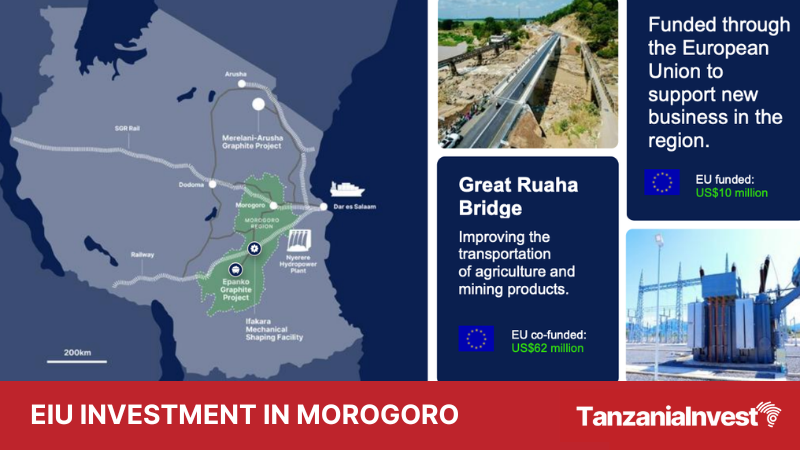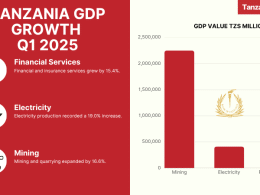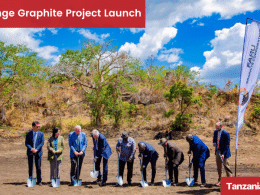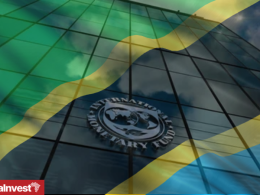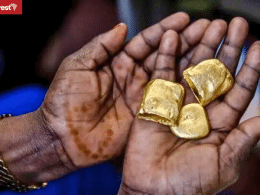On June 30, 2025, EcoGraf Limited (ASX: EGR) announced that the European Union is exploring infrastructure funding and broader support to fast-track the development of the Epanko Graphite Project in Tanzania.
The initiative is part of the EU’s efforts to strengthen critical mineral supply chains for its battery and electric vehicle industries.
The EU delegation, including representatives from Member State Agencies and Financial Institutions, recently visited the Epanko site to assess potential areas for financial and technical collaboration.
The EU recognizes Epanko as a key asset to secure sustainable and long-term supplies of natural graphite for Europe and is considering funding in several areas to facilitate its development.
The planned support includes financing for a midstream mechanical shaping facility near Ifakara, upgrades to the regional road corridor from Mahenge to the port via Ifakara and Mikumi, expansion of the Ifakara electrical substation using hydropower sources, vocational training for skilled labor development, and support for environmental and circular economy initiatives.
The support may also facilitate the creation of new Tanzanian businesses to service the growing minerals sector.
This visit followed earlier meetings in Brussels during the EU Critical Raw Materials Facility policy showcase, where EcoGraf presented updates on its vertically integrated graphite strategy.
The Epanko project is forecast to begin with an annual output of 73,000 tonnes, scaling up to over 300,000 tonnes per annum to meet global market demand.
Germany’s KfW IPEX-Bank is mandated to arrange a senior debt facility of up to US$105 million under Germany’s UFK scheme, backed by Euler Hermes.
A positive preliminary review has already been issued by the German Inter-Ministerial Committee, and technical preparations are underway for lender due diligence and commissioning of independent expertise.
EcoGraf’s patented HFfree® purification process aims to deliver low-emission, high-purity graphite products for lithium-ion batteries and EV manufacturing, with a focus on supplying Europe, Asia, and North America.
The company’s vertically integrated battery anode material supply chain includes the Epanko mine, a mechanical shaping plant in Tanzania, and purification and recycling facilities for battery-grade graphite.
EU investments in the Morogoro region, including the Ifakara substation, road upgrades, and the US$62 million Great Ruaha Bridge, have already improved regional infrastructure to support mining and agricultural logistics.
Over US$30 million has been invested in EcoGraf’s Tanzanian operations to date, and the company continues to position itself as a major supplier of sustainable battery anode materials globally.





